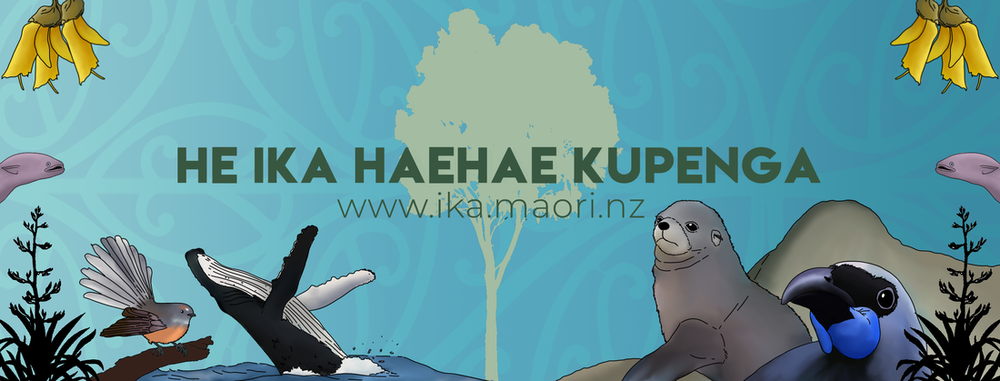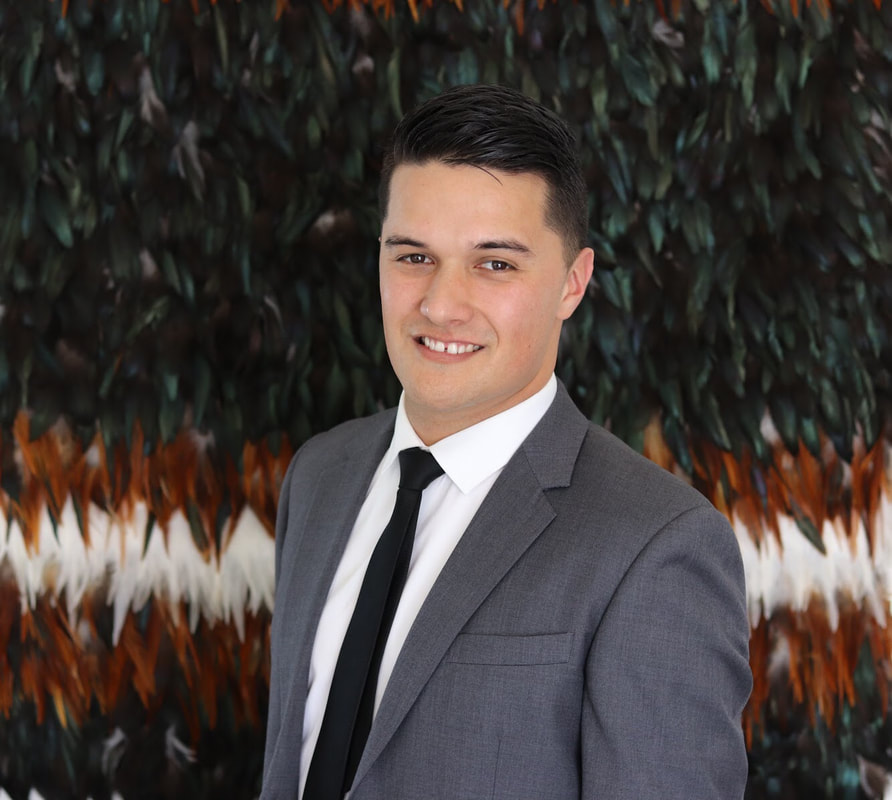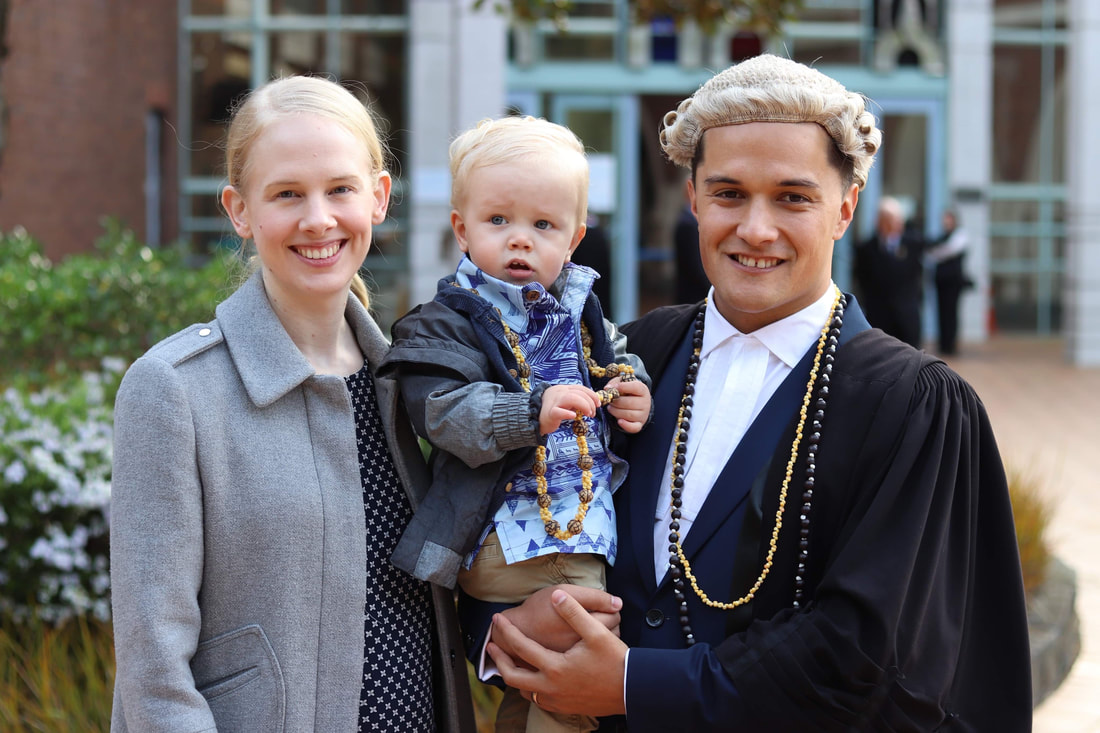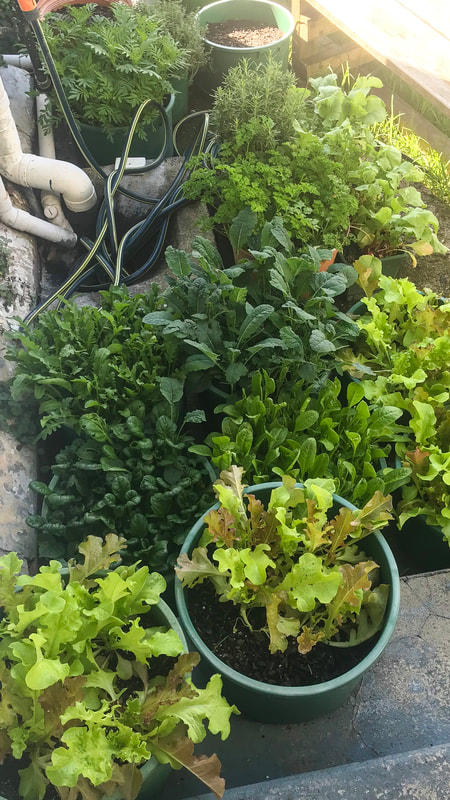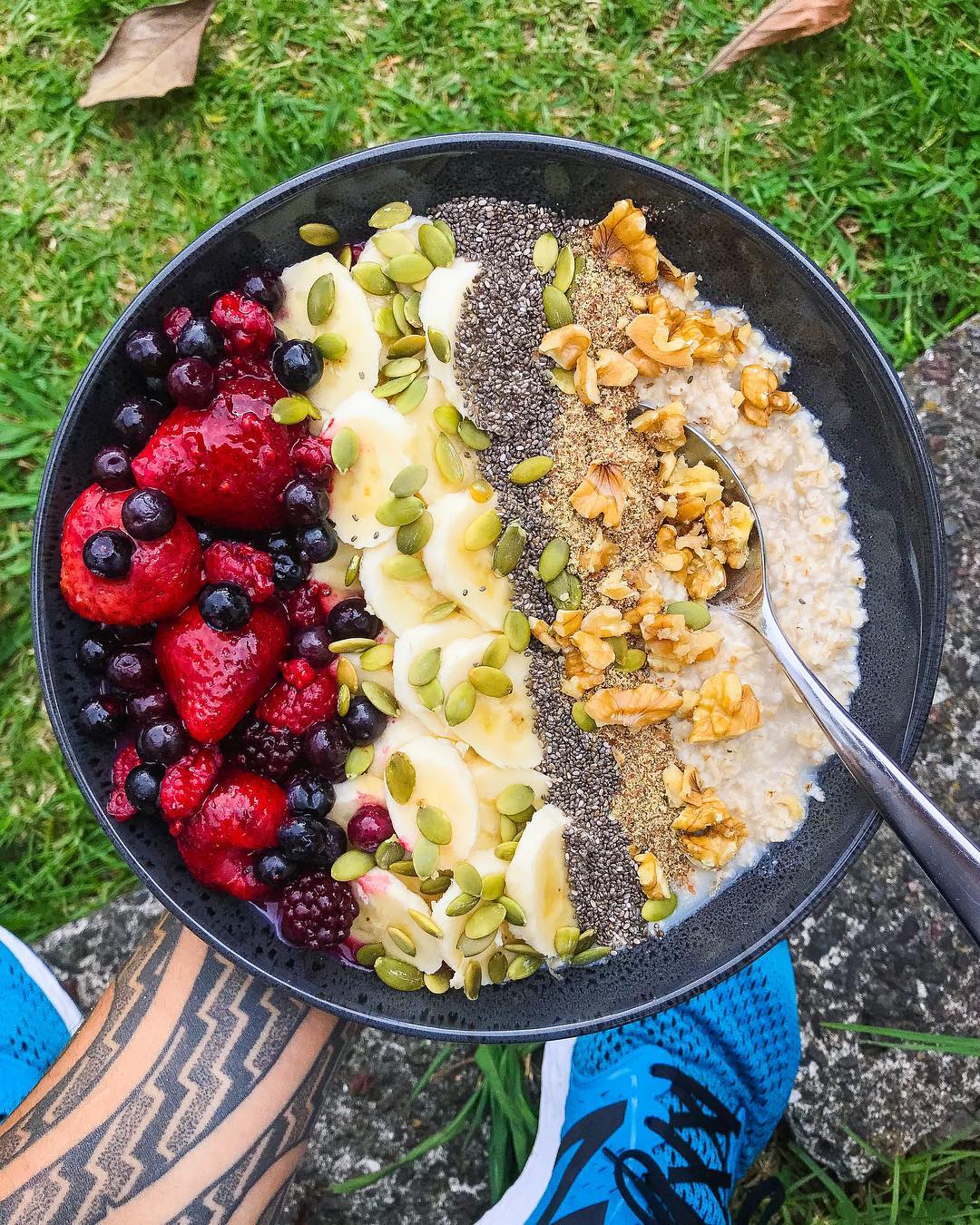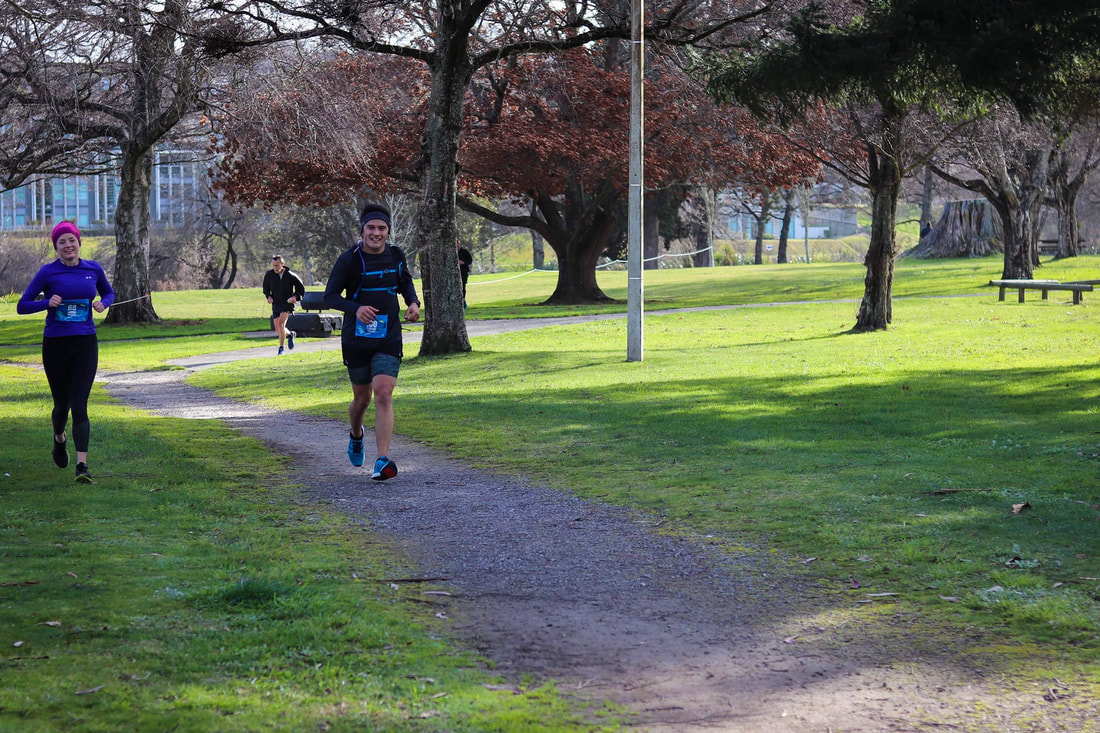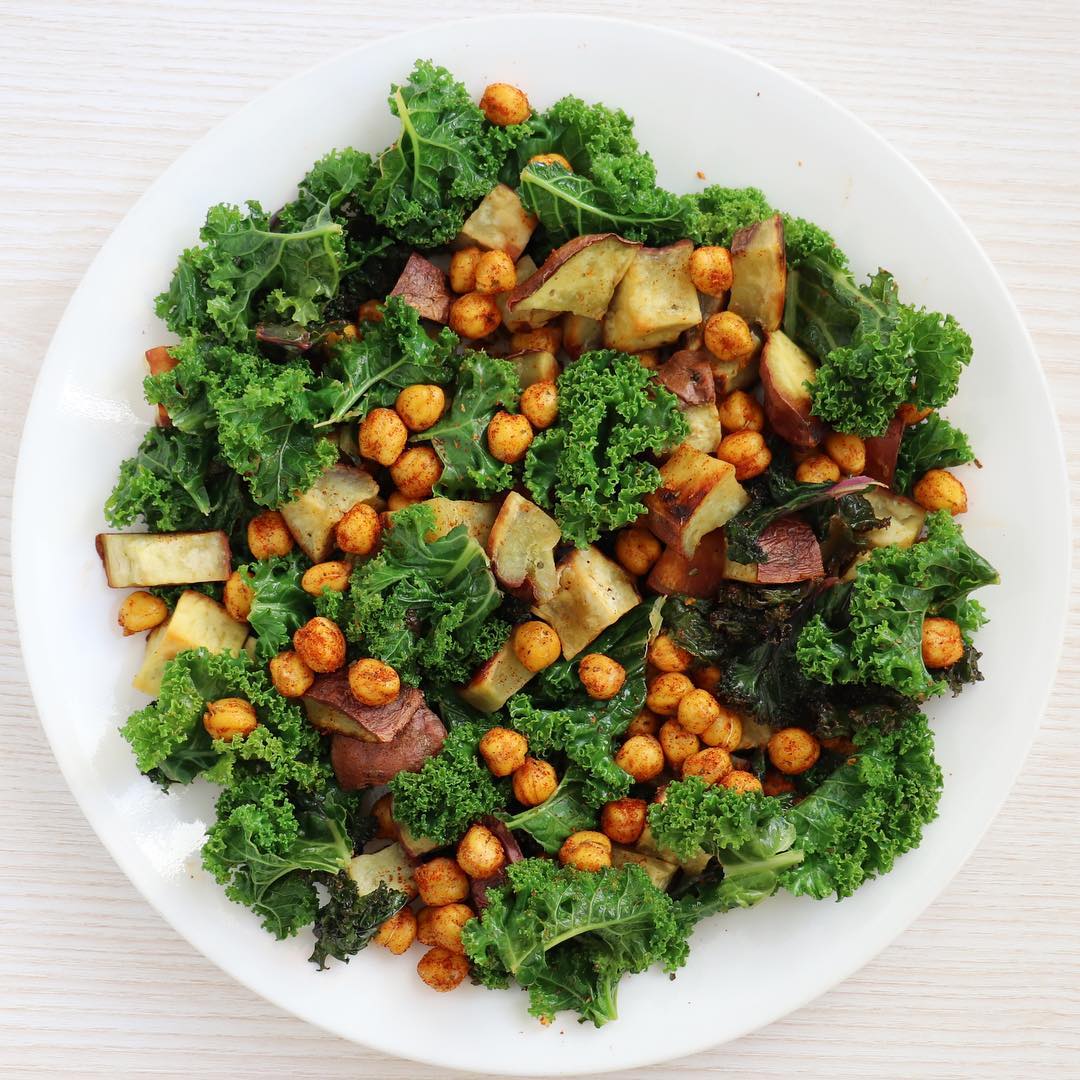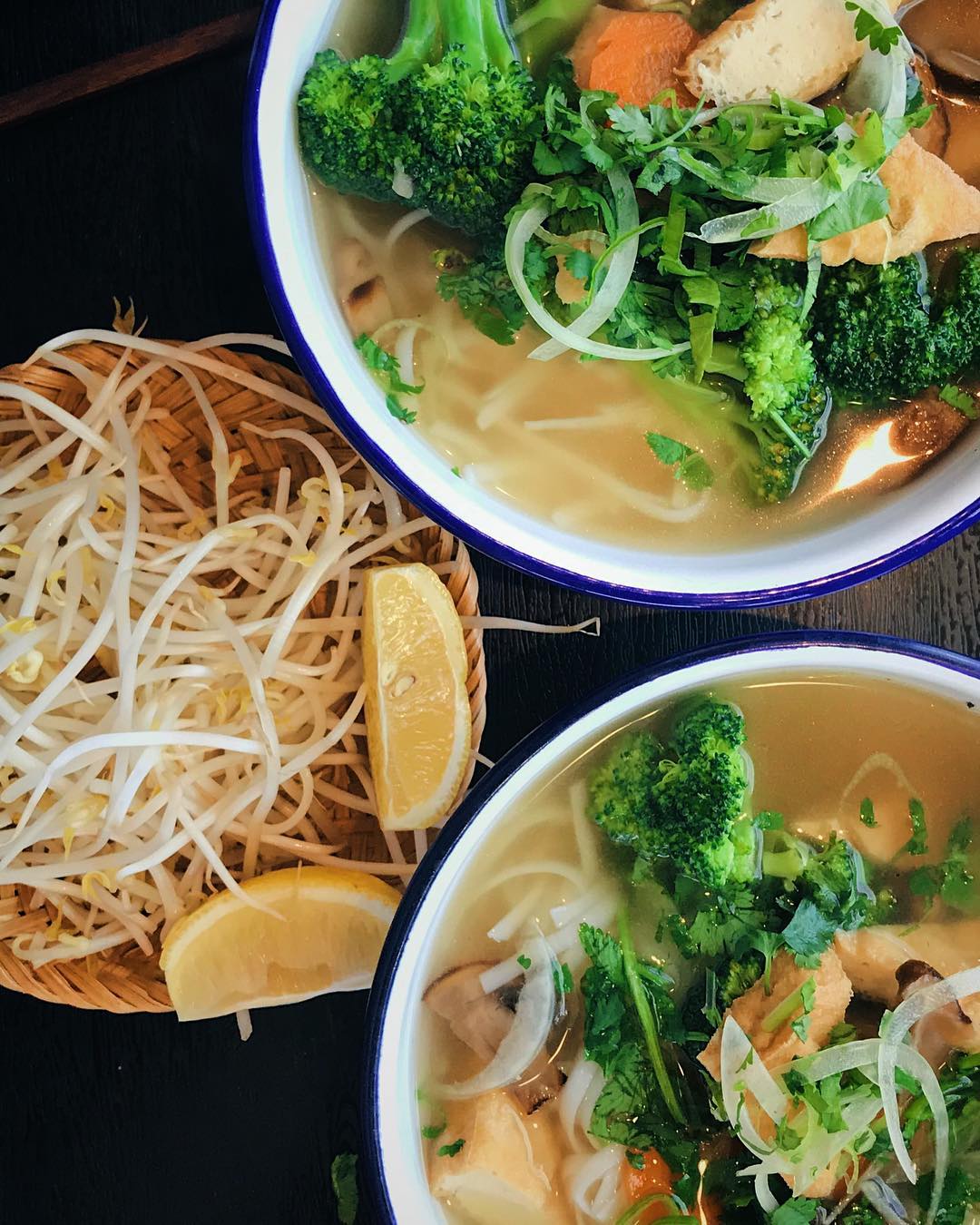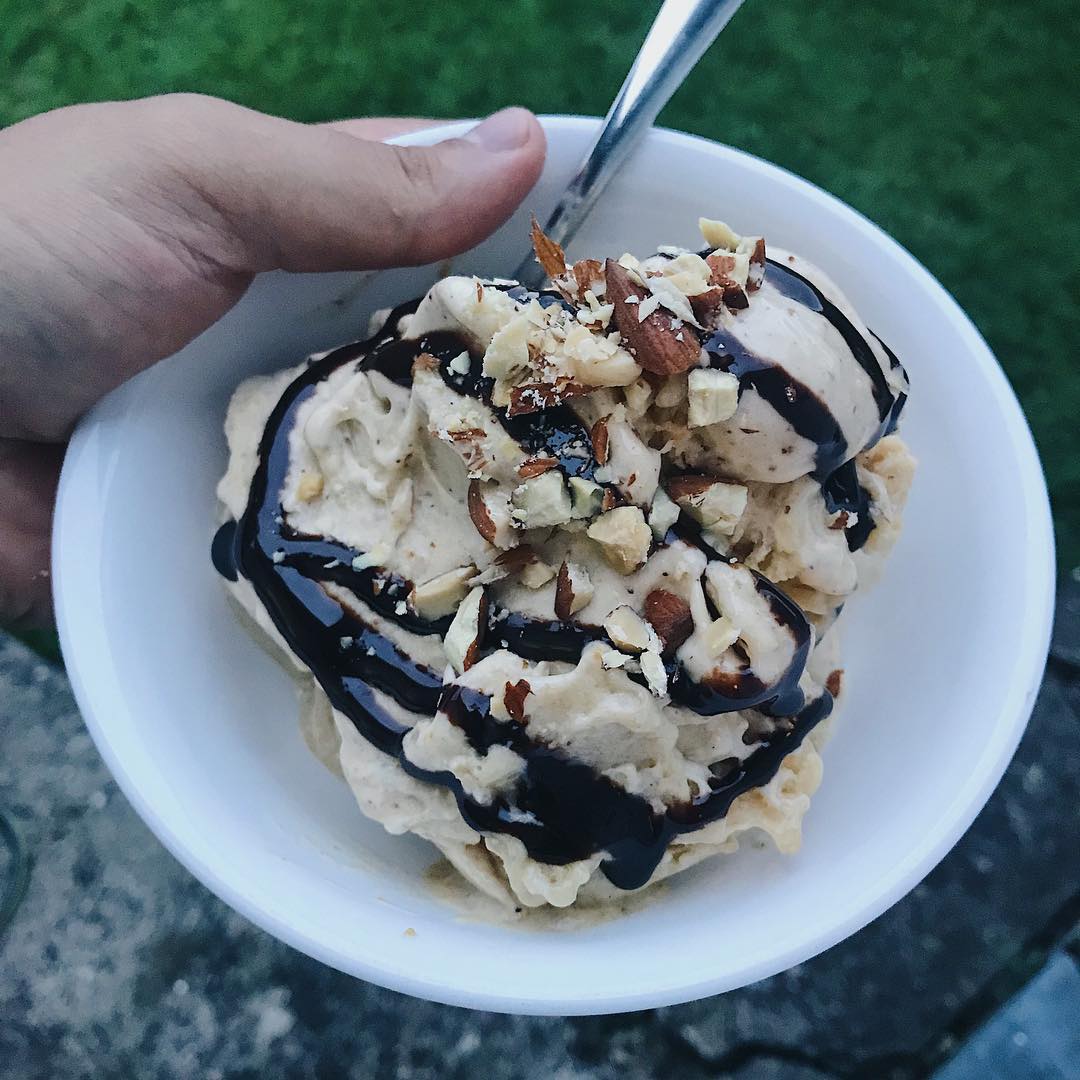Tyrone Tungatoa Hack
interview with Philip McKibbin
Tyrone Tungatoa Hack (Ngāti Kahu, Ngāti Kuri, Te Aupōuri, Te Rarawa) is a lawyer, runner, and a family man. He is passionate about health and fitness. He lives with his wife, Nicola, and their young son, Tāwhirimatea, in Tāmaki-makau-rau.
|
You're a lawyer. What was it that drew you to this mahi initially?
I was a sparky for a couple of years, and it just wasn’t people-based enough for me, so I went back to University, and I studied Māori and politics because I really wanted to, one, get in touch with my Māori side a little bit more, but two, wanting to see what leadership looked like in that sort of space. When I got into politics and started learning more and more about it, I started realising that if I was going to make a change, I needed to have the skills to advocate and to debate and to change legal perspectives, so that’s when I picked up law.
|
For me, it was always about finding justice for people, both from an indigenous perspective – so, indigenous laws and indigenous rights, Treaty rights, things like that – but also anything to do with people – so family, criminal, all that stuff just really, really fascinated me. Why were we at the bottom of the statistics? What laws could we do to change that? Where does the Bill of Rights and the Treaty come into Māori health outcomes, our environment? All those things just really fascinated me, and law seemed like a good outlook for that, an excellent tool to use.
When I finished studying law, I did a little bit of criminal work, which was cool. It was interesting to see how Māori are affected by the current law system. But when I left uni, I didn’t jump into law. I moved directly into iwi governance.
I understand that your work with Māori trusts and organisations prompted your transition to veganism. How did that happen?
I was doing governance training for Māori organisations – Māori trusts, iwi boards, all sorts – and doing a lot of strategic planning work, so figuring out where Māori organisations as a whole wanted to go, and how they were going to get there. And doing that work, I realised that they wanted to do a few things. When you go to iwi, and you say, ‘Hey, we wanna do a strategy with you guys,’ you ask, ‘Okay, what are your end outcomes? What are your final goals for your organisation?’ And almost inevitably it was always, ‘We need money.’ (laughs) Which is fine; everyone needs money. But then it was still, ‘We want to get our land back, we want to restore our taiao, we want great health outcomes for our people, and we want jobs, and things like that.’
I know lots of people working on Treaty claims and that wasn’t really for me. I started seeing that the cultural revitalisation that we were yearning for was being done. We’ve got some awesome wharekura, the whare wānanga, like Te Wānanga o Aotearoa, Raukawa, and Awanuiārangi, they’re all doing well – and I thought, ‘Okay, that’s almost done. People are still pumping on that.’ But the environmental and health outcomes, I think, were these two areas where I realised that we’re not winning this battle. Our rivers are just as polluted as ever, we don’t seem to be making traction, and our people are just as unhealthy.
I suppose, working with a few iwi organisations and seeing these same fundamental problems pop up just started affecting me to the point where I was going, ‘Well, what are we doing about this?’ And, perhaps, ‘If I’m noticing this to be a deficiency, where is my role in this? What can I do, or what can I learn about?’ Then, interestingly, at the same time, I was learning about the awa of some of these iwi, and we were doing some strategic work around the health of their awa, and I learned a little bit about the effects that the dairy industry was having. It tripped me up, because some of the other guys that we were working with were Ahu Whenua trust farmers, and that was another big side of Māoridom that was getting pumped up is our Māori farmers. I was trying to reconcile the two. I was thinking, ‘Well, these farmers seem to be doing good, and our iwi seem to be proud of them, but at the same time, our rivers are getting more and more polluted, and people are saying, ‘This is our lifeblood,’ you know? ‘I am the awa, and the awa is me.’ But at the same time, I saw the effects, so that struck a chord with me. I started running into other people that had the same idea. Some of them were noticing the same problems and saying, ‘Hey, we’re not consuming meat or dairy because of the environmental effects.’ And I thought, ‘Wow! I’ve seen those environmental effects, and I’m contributing to that. Maybe that’s something I need to consider.’ And then my wife and I watched the documentary Cowspiracy, and it was pretty much all over from there. (laughs)
We were already starting to be pretty mindful about our effect on the environment. We’d been trying to eliminate things like single-use plastics; we started composting; we recycled, and we did all these other things. So we would have considered ourselves environmentally-friendly people. Cowspiracy was an excellent documentary, because it effectively said, ‘Hey, all that other stuff you’re doing is great, but here is the major contributor to environmental damage’ – or, at least one of the ones you have control over – and that was your consumption of meat, dairy, eggs, and that sort of thing. So, for the two of us, we watched it, and we just looked at ourselves, and said, ‘All our values are around the environmental stuff, and something here seems night-and-day to pretty much say to us, “Listen, if you’re gonna do your best for the environment, you’re gonna have to cut out meat and dairy at least.”’ Really, for us, it was like, ‘If we don’t do this, we’re hypocrites.’ (laughs) And it was essentially a change as fast as that, in terms of knowing that we had to make a difference. Now, the transition wasn’t that quick, but just that alone made us realise, ‘We can’t continue to live our lives the way we are. Something’s going to have to change.’
You've taken some time off recently to be a stay-at-home dad. Tau kē! Why did you make that decision?
For me, it was straightforward. I talked to a whole bunch of really successful people that are much cleverer, much older than me, and that are doing well, and I asked them, ‘Hey, as a young person just finishing uni, as a lawyer, what would your advice be?’ And they gave me a whole bunch of advice. And then I asked the question, ‘Well, what is one of your biggest regrets?’ And all of them – well, pretty much everyone – said, ‘I wish I had spent more time with my kids. To me, I just went, ‘Okay, cool. I should do that,’ and that’s what I did. I talked to my wife. The work I was doing in governance had started to change. Even though the mahi we were doing was important, we were losing funding – so we started moving more into more business-centred approaches.
|
Although we were doing some good mahi, promoting and creating consumer items wasn’t aligned with my beliefs around reducing the consumption of resources, minimalism, and environmental responsibility. At the same time, we were still working with organisations that mainly had animal-based businesses and trying to figure out, ‘How do we better utilise your meat and dairy on your farms? How do we produce more honey? How do we utilise your fish stocks the best? How do we grow eels?’ And I started to realise, ‘Actually, my mindset has changed and my values are no longer aligning.' Not that I’m going to try to dismantle that industry or anything like that, but just for me, at that time, I was like, ‘I can’t maintain my values and keep doing this, so I’m gonna pull out.’ I also really wanted to move back into the human stuff – you know, step back into the law.
My wife said, ‘Hey, that’s a great idea.’ I am fortunate to have a supportive wife. And she says, ‘Well, why don’t you stay home and look after the little fulla, and I said, ‘That’d be perfect!’ So I’ve been doing that for about a year now, and that’s been very, very rewarding. It gives me a unique perspective on what wāhine have to go through, which I definitely didn’t have before, so that’s been cool – but I’m looking forward to getting back into work now. (laughs) I think a year’s been enough. (laughs) He’s almost two now, so he’s about 20 months.
|
How do you and your whānau make veganism work for you?
I think it’s important for anyone coming into this to think about the transition as well. So, how we made the transition, for us, is equally as important as how we make it work for us now. In the beginning, we just took it slow. We started learning as much as we could, incorporating as much plant foods as possible, and really what we attempted to do was to crowd out the animal products. I went cold turkey, so the minute I started learning about it, I went, ‘No, I’m not having anything else anymore’ – because that’s my nature, I tend to be all or nothing. But my wife, she’s like, ‘Oh, I’m not going to give up things that fast. I’m going to slow transition it.’ And in the end, it worked well, cos I tend to go all or nothing, but I can quickly start falling off the bandwagon, cos I go too hard at the beginning, whereas she’ll go slowly, but she’ll remain a little bit more stable. So, the combination of the two forced us to figure out what we needed to eat, but also made sure that we were easy on ourselves if we started making slip-ups and mistakes.
I think a few things that make veganism work for us was doing a lot of research. We read a lot. Both of us are academically-minded. My wife is an emergency nurse, and she’s also got a Science degree, so we just read a lot of studies, made up our mind about a lot of things, and then just tried everything out.
For us, how it works as a family is, we favour inclusion rather than exclusion. So, I mean, we’re staunch on no animal products, but we try to stay away from these ideas that you get off YouTube or other popular platforms, where people go, ‘Oh, you have to only eat raw,’ or, ‘You have to cut out all oils,’ or, ‘You have only to eat whole foods,’ or, ‘You have to eliminate all junk,’ and what we’ve found is all that sort of stress and stuff can make the diet part of it difficult. We, as much as possible, try to include a wide variety of plant sources. We get excited about trying new things. We go out to farmers’ markets and that sort of thing and eat as many plants as we can. At the same time, we get blood tested to make sure that our bloods are optimal because we’re just nerds like that. (laughs) And then, we use a lot of self-awareness. So, if we’re tired, if we’re feeling burnt out, or anything like that, we consider, ‘Is it calories? Is it nutrients that we’re missing?’ and we check our bloods, make sure everything works well. And then, with our son, he’s vegan as well. He was breastfed as long as we could keep him breastfed, and now he eats a lot of plant foods – and, again, we just did the research and realised that a baby of his size needs a lot of fats, needs variety, and he drinks a soy-based formula. And again, we do the same thing with him: he gets regular check-ups to make sure that everything’s okay, because, for me, I’m not risking the health of my son for the animals, and I think most people should probably feel the same way. You’ve got to be healthy, and you can be, and it’s just a matter of checking and being self-aware and doing the research.
I think one big thing for us is that you can eat a lot more on a vegan diet – and you should. You should be eating quite a lot, perhaps, compared to what you were eating in meat. I’ve seen so many people fail because they were hungry all the time, and they didn’t eat enough – they were eating salads and chips. They think, ‘I was just eating salad and chips, and it didn’t work for me, and I had a lack of energy.’ But there’s some great food out there, and it’s tasty. The eating part of it becomes fantastic. I don’t miss out on anything. For me, this isn’t a deficit idea. I don’t feel like I miss out on food; I don’t feel like I’ve missed out on athletic ability; I don’t feel like I’ve missed out on, really, anything. Once you get used to it, you get awesome kai – there’s awesome kai – you start feeling a lot better, you connect to the animals and the taiao a little bit better, because, you know, you feel like you’re more connected. I think this is often seen as, ‘Oh, I have to give up a whole bunch of stuff,’ and I don’t look at that. I look at all the stuff you gain – and the things you gain are your health, the environment, and you also gain a little bit of compassion. You know that three times a day, every day of your life, you are making a conscious decision to be compassionate and to be kind, and I think that’s an awesome thing to gain.
It’s not about doing it perfectly. People try to catch you out, you know? They’re like, ‘Oh, you’re vegan, but you drive a car, man,’ you know? (laughs) Listen, no one’s going to do it perfectly. We’re, unfortunately, not going to save all the animals – we have houses, and those houses have displaced flora or fauna, for better or worse. But I think it’s about doing good, and just pointing in the right direction, doing our best. And the quote that always comes to me is, ‘We don’t need a few vegans doing it perfectly; we need billions of vegans doing it imperfectly.’ We need as many people as we can, just doing what they can, as well as they can. Which means it’s not a zero-sum game – you don’t just do it well or not do it at all. Any little bit that people can do, I’m a bit advocate for. Yeah.
You're passionate about exercise and health. How does veganism fit in with that?
I think that the health aspect is a two-parter. When you start leading this lifestyle, you come under a lot of heat, and a lot of flack, because people are starting to go, ‘Oh, that’s not healthy,’ or, ‘Where do you get your protein from?’ and all these sorts of things. So I think being fit and healthy helps the cause in general, because people go, ‘Well, look at that guy. He seems to be doing fine, and he’s competing in sports.’ So, I got deep into distance running – like marathons, ultramarathons, that sort of thing; that became the thing that I was interested in – because I wanted to show this lifestyle off for the benefits that it has, especially for Māori. And at the same time, I still go to the gym and lift a bit of weight here and there, because for a lot of Māori, they look at the mainstream idea of veganism – and my dad asked the same thing, he goes, ‘Aren’t those fellas all scrawny? Like, you could blow them over if you come across them!’ (laughs) And so I’ve been quite conscious of that, and I’ve thought, ‘Well, if I’m going to put myself out there as an advocate – and hopefully people can at least see and make judgement off me – well, I want to be in a vibrant and healthy physical condition.'
But in the same fashion, when I got married, I put on a lot of weight, and I wasn’t feeling the healthiest, and I wasn’t eating healthy foods. I was at McDonald’s a lot, KFC, things like that. I live on Dominion Road, so we’ve got everything right close to us. But then, I’d also go home to the marae, and the most common time I’m at the marae at home is for funerals, for tangi, and things like that, and every time I’d go up there, it’s always for preventable things. It’s usually something to do with obesity, it’s ischemic heart disease, heart attacks, diabetes, and strokes, and a lot of these things, and for me – although I don’t think veganism is a panacea for all ills – I do see the whole foods plant-based lifestyle as something so important for a people that are just dying. You know, our statistics are shocking – our health statistics are terrible. And it’s not surprising, when we go to wānanga, when we go to the marae, people aren’t in a good way, health-wise. And so, for me, it’s not just about the animals that people would specifically eat, but it’s also about our people, as well, and us as animals, as part of this ecosystem. How are we keeping ourselves healthy? I’m just so passionate about that, because I’m tired of seeing our people suffer, and I want to set an example, and I want more and more people to do the same thing.
There are many reasons why people go vegan – the main ones being animal rights, the environment, and health. It has been said that if the only reasons for making changes to our diet were to do with the environment, it would be enough simply to reduce our consumption of animal products; but because animals themselves have moral worth, we need to go further and avoid animal products entirely. To what extent do you agree with this argument?
I completely agree. I go back to the standard definition of veganism, which is that you reduce your use and exploitation of animals as much as possible and practicable. So for me, if you don’t need to eat them, you don’t need to harm them, you don’t need to exploit them – don’t do it. And that’s a personal decision for me, but I would also want to push that out to as many people as possible, in the most beneficial way, because for me, once I linked what had happened to Māori as a culture, what had happened to black slaves – this whole idea of, ‘Well, they’re different to us. They’re not the same as us. Therefore, we can treat them a little bit different, and it doesn’t matter how you treat them’ – once I realised that animals could sort of be classified in the same way and that the only reason I was eating them was because I didn’t see them as the same as us – but they feel, they don’t want to die, they have families, and we were taking that away from them – I thought, ‘That’s the cut-off for me.’ So I’m staunch to that, in that for me, it’s a personal endeavour not to harm animals or exploit them, as much as possible.
But at the same time, I also understand that many people, perhaps, don’t have that same option. I know that because my grandfather’s from Niue, and when we go back to the islands, the availability of vegan foods, or foodstuffs, that maybe would make something like that sustainable for yourself isn’t there. Of course, you can import it from New Zealand as much as you could, but could you lead a fully healthy life as a vegan in a place like that? Not easily – but again, that doesn’t mean that you can’t limit your exploitation or harm of the animals, that you’re consuming. But in New Zealand, I’m not in that position.
At the same time, that’s a moral stance that I’ve taken, and it took me a while to get that moral stance, and that was the last thing to come. I recognised the environmental impacts first, then the health impacts, and then the animals. Once I had reconciled that I should stop eating for the environment and my health and that I could be healthy, then my mind could open up to the animals. I’ve killed animals personally before, myself, and not felt negatively towards it. But once I realised that I didn’t need to, I then started thinking a little bit more about their welfare and then watched Earthlings and then Dominion, and with both of those movies, it was the first time I’d felt genuine compassion for the lives that these animals were going through, then realising that I had played a massive part in that, and from then on, I couldn’t do it anymore.
So, although people can reduce their animal consumption, I think once they realise that they don’t need it, then they open up their space for compassion towards the animals. Some people are very strict, like, ‘Hey, you should go vegan straight away. You wouldn’t just allow people to be racist three days a week, so why are you only eating meat three days a week?’ – that sort of argument. But I know that unlocking those first two areas allowed me to make that compassionate link, so yeah.
Why do you think some people find veganism so confronting?
I think it’s just naturally confronting, in what it is. I notice this because I don’t usually tell people I’m vegan. What tends to happen is we go out to eat something out somewhere, and I choose a vegan meal, and people go, ‘Why are you eating that?’ and then you say, ‘I’m vegan.’ And they’re cool with that. But then, inevitably, the question is, ‘Why?’ And it just seems that there’s not an easy way – especially when you’re doing it for the animals, for instance – to say that in a way that doesn’t implicate them in any harm. So, if someone says, ‘Why are you vegan?’ it’s like, ‘Because I don’t want to contribute to the use of animals or animal products.’ I think, in people’s heads, they don’t hear, ‘Oh, you wanna do that;’ they hear, ‘So you’re saying that I’m causing harm to animals.’ (laughs) And I think that naturally gets your heckles up. I believe that if people genuinely felt that you were doing veganism for yourself, they probably wouldn’t get triggered by it. I think people inherently think that it’s a virtue signal that we throw out there – that we go, ‘Hey, we’re vegan, and therefore we think we’re better than you.’ (laughs) And that’s definitely not what we’re doing! It’s not our intention, but I think there’s a perception around it that gets people’s heckles up – which is why people tend to be like, ‘Oh, but you kill plants,’ or, ‘But what about the bugs that are in the trees?’ and things like that. They have to beat you down.
|
I suppose the way that you approach it, the way that you talk to other people about it... like, I’d never call people murderers, or rapists, or anything like that – I don’t use that sort of inflammatory terminology, or anything like that. I try to explain that this is a decision that I’ve made for myself, that I think it’s a great decision – it’s one of the best decisions I’ve ever made in my life. I try to remember, when I talk to people, about, ‘What are the things that you connect to the most?’ and also let people know that, ‘Hey, I was in your exact position, so this isn’t an attack on you at all.’ I try to avoid the attack mentality, I suppose. The quote I always think of is, ‘There’s a massive difference between being right and being effective.’ So, I definitely try to be a little bit easier on it.
To go back to what you said, I think just the nature of it’s confronting. It’s the same with someone who says they’re zero-waste, or they’re a feminist or anything like that – people start going, ‘Well, do you think that I hate women because I’m not a feminist?’ It’s like, ‘Well, I’m not saying that, man. This is what I’m doing.’ (laughs) Yeah, but I think it’s just a confronting subject.
|
Vegan activists have courted negative media coverage recently. What does effective vegan activism look like to you?
For me, it’s lived example. I like this quote I heard from YouTuber Derek Simnett – he quoted it from somewhere else – he was saying, ‘Be the lighthouse.’ You don’t have to be the tugboat trying to push all of these big ships to the place you want to go, but if you’re just this lighthouse, shining your light, people can either heed that or not – that’s up to them. But if you put your light out there, and shine it brightly, and do your best – and this is the thing, I think: if you're vegan, do it well, live healthily for the animals, be the best example that you could be. Be the kindest, most compassionate person that you can be to the animals, but also other humans, so that people can start thinking, ‘You know, that’s something that I could do!’ Because currently there are many Māori that have limited their meat consumption that will not use the word ‘vegan’ because the stigma that goes with that is just too strong. So if we change the perception around what a vegan is like – that we’re not harmful to people, that we’re not cruel to people, which I think is really what comes across to many people – then that’s going to be good for the movement, and more importantly, for the animals. The effectiveness of our message is what’s going to save them, not how strongly we argue. Some people will say: ‘We’ve got to fight hard because of the animals, and that’s why we’re so angry and aggressive,’ and it’s like, well, that’s not the end outcome, the end outcome is more animals are saved from these horrible conditions, and you being angry maybe doesn’t do that. So that’s probably my thoughts on that.
At the same time, I also think there’s this decolonisation around how veganism is approached that I think is essential. It’s tough for Māori who have already had enough stuff taken away from them and are already in an oppressed situation when you’ve got a whole bunch of Pākehā, or what’s perceived as a Western idea, coming at you which is now saying that you’re also terrible because you eat meat and dairy. It is quite confronting. I don’t like to put it into this context, but I think that there’s a space where activism has to be conscious of the cultural surrounds of what’s happening. However, I don’t think that means we need to soften our message. So for me, as a Māori, it just means that Māori should be the ones encouraging other Māori to move towards these positive changes. I think it’s further colonisation to have a white expert coming in and going on to a marae or something and saying, ‘You guys need to cut this out. It’s bad for the environment.’ And they’re like, ‘Hey, come on, man, don’t tell us that.’ (laughs) So I think Māori need to lead the charge in our communities, and I think if we start doing it that way, and decolonise the ideas around what veganism is and show that there are other ways of practising it and there are different ways of advocating for it, well then maybe we can, as a homogenous group, take it a little bit further, and Māori can eventually lead out this sort of charge. And I think we are, in a way. I think people are getting more and more onto it. There’s this parakore movement; marae are starting to realise that they need to start going back to their māra kai and growing their own food and that inevitably starts making them more conscious of where our food comes from, the plants, and things like that.
|
It’s important, I think, that people are careful about what they say. I’ve never been convinced of something by someone shouting at me. I learnt some truths about what’s happening – for health, for the environment, for the animals – and that’s what allowed me to make the change. I honestly think that people would be vegan; people hold vegan values in their hearts naturally. I don’t believe that they’ve got the information that’s allowed them to make that transition yet. So it’s, ‘How do you give them that information in a palatable way that’ll be effective for them actually to be doing something?’ Yeah.
Interviewed: October, 2019
Published: December, 2019 |
